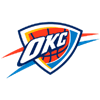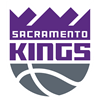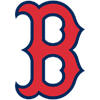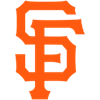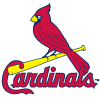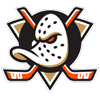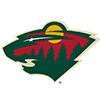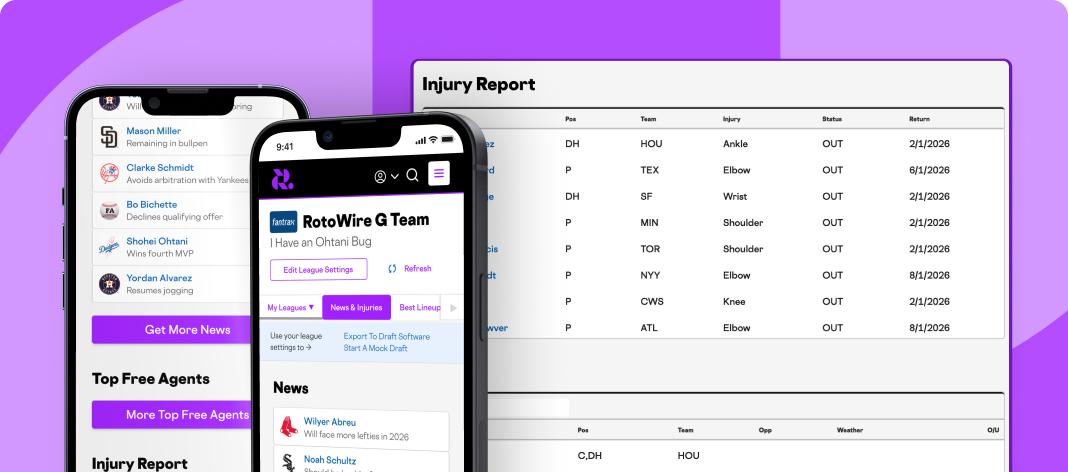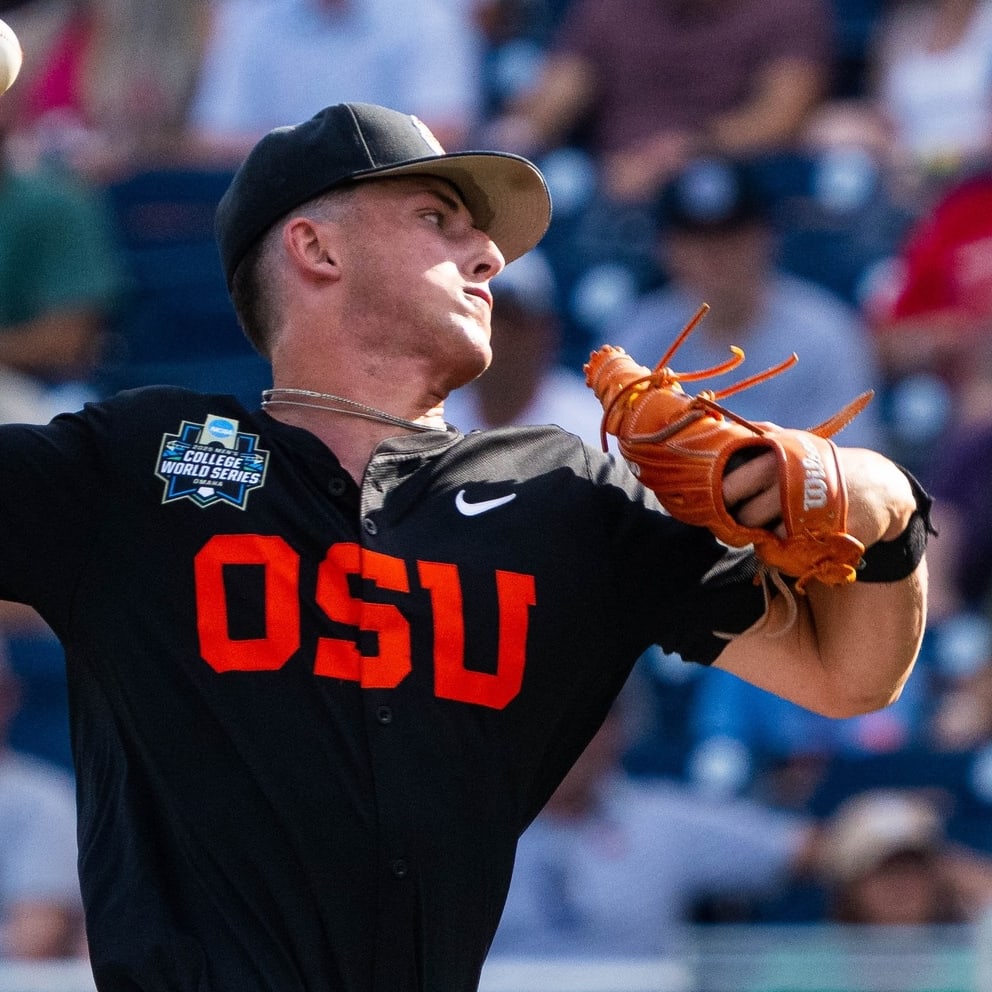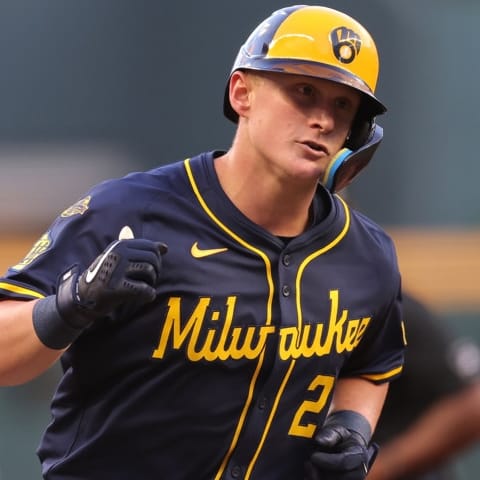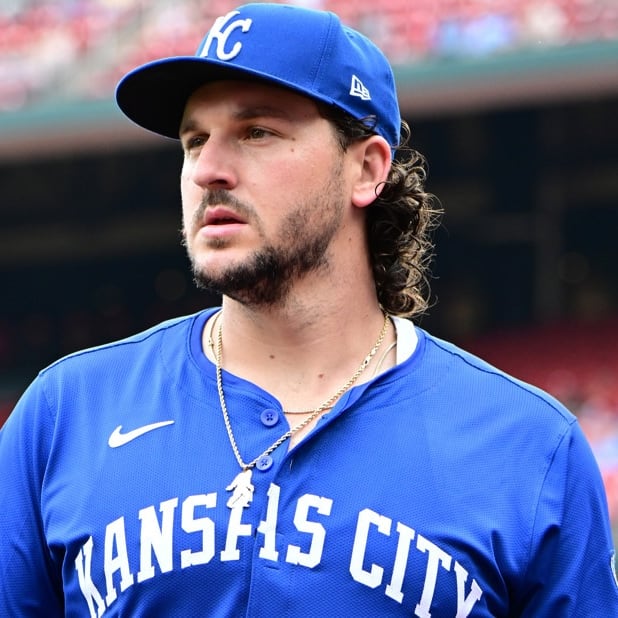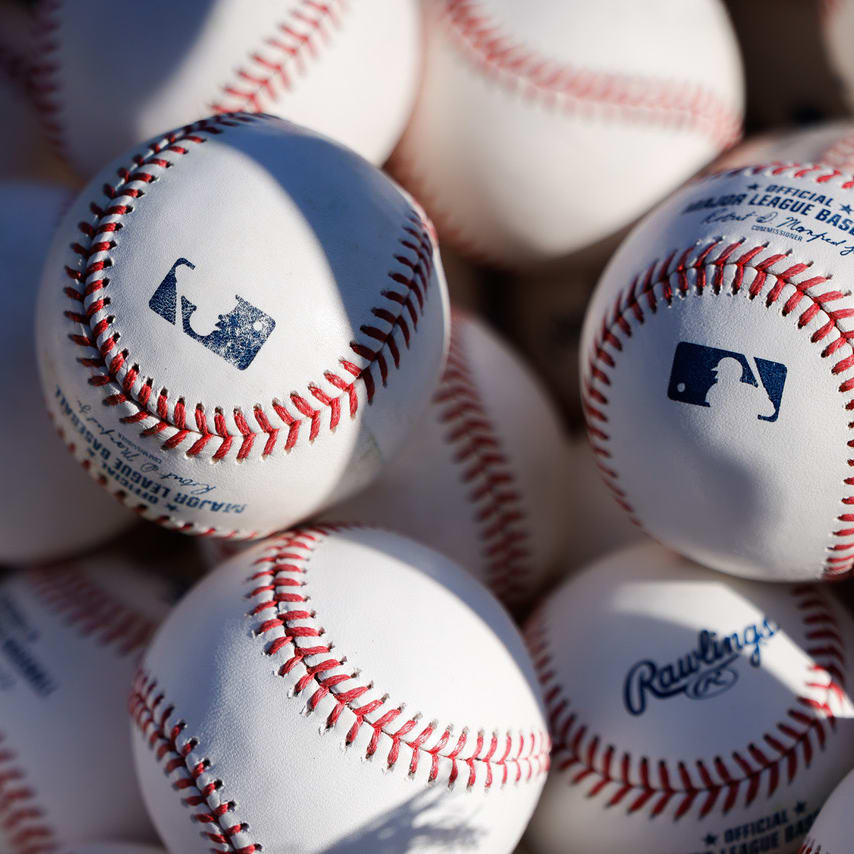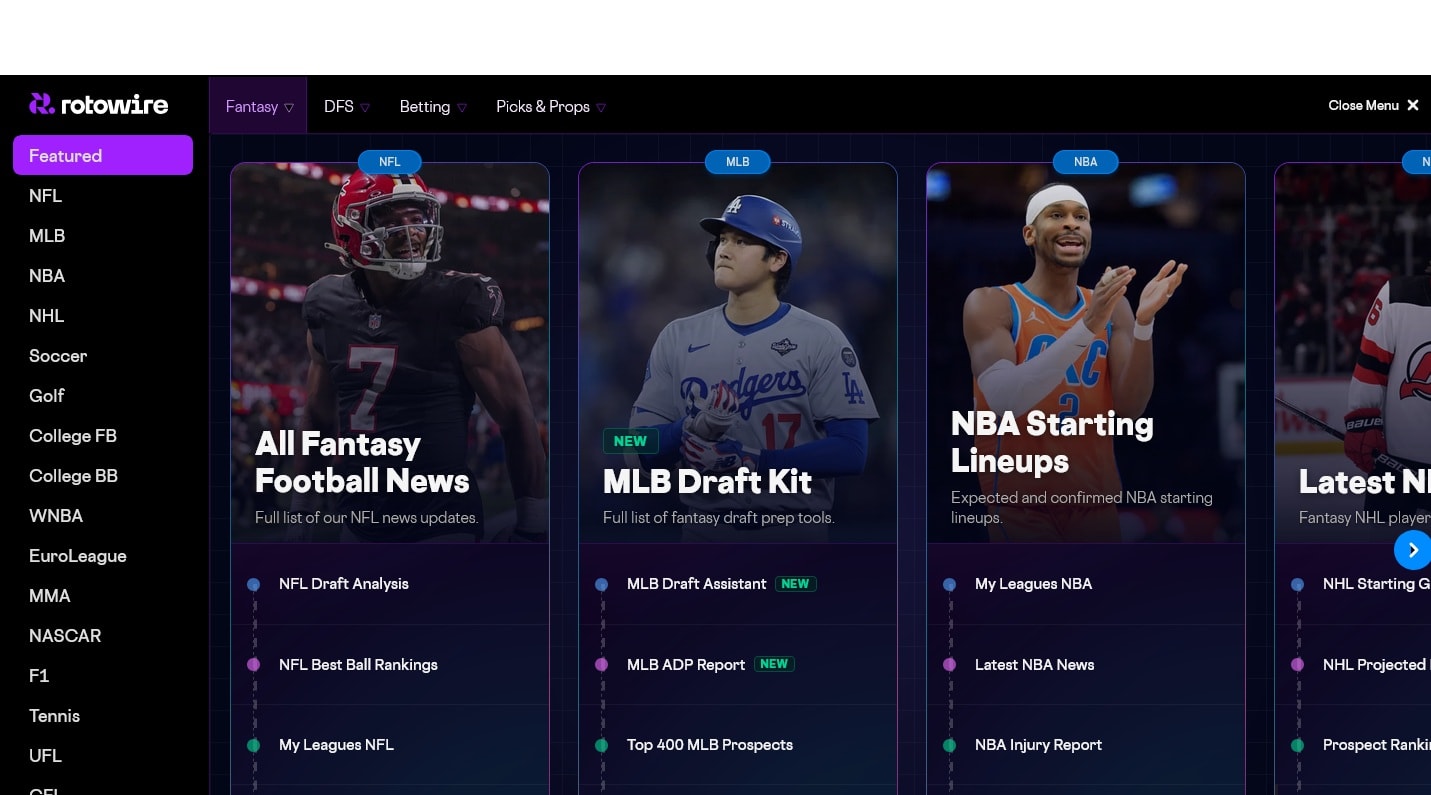Learn Something New Every Day
I hope this doesn't read as pompous, but when you've watched/listened to as many games as I have over the years, it's rare one of the broadcasters talks about something I didn't know. Sure, they have direct player insight; I'm talking more about strategy and the like.
On Wednesday night, Athletics first baseman Dermis Garcia had trouble tracking down a foul pop behind first base. A's color man Dallas Braden then discussed something I hadn't heard before, nor figured out myself.
Most everyone is aware RingCentral Coliseum (aka, The Coliseum) has an abundance of foul territory. The obvious repercussion is an above average number of foul pop outs. Braden pointed out not only are there more foul outs, but infielders need to get used to higher pops exhibiting more hook or tail. Further, the angle the fielder needs to take makes it even harder to judge the higher pops with movement different than which they're accustomed. Not only does the additional height allow the spin to do its thing, but wind has more of an effect on the higher pops.
As a baseball fan, I thought this was cool insight. My first inkling when Garcia missed the catch was "that should be an error." I suspect Braden thought much of the TV audience felt the same way, spurring talking about how Garcia has playing just a handful of games on Rickey Henderson Field (yes, the playing surface is named, along with the venue) and how
Learn Something New Every Day
I hope this doesn't read as pompous, but when you've watched/listened to as many games as I have over the years, it's rare one of the broadcasters talks about something I didn't know. Sure, they have direct player insight; I'm talking more about strategy and the like.
On Wednesday night, Athletics first baseman Dermis Garcia had trouble tracking down a foul pop behind first base. A's color man Dallas Braden then discussed something I hadn't heard before, nor figured out myself.
Most everyone is aware RingCentral Coliseum (aka, The Coliseum) has an abundance of foul territory. The obvious repercussion is an above average number of foul pop outs. Braden pointed out not only are there more foul outs, but infielders need to get used to higher pops exhibiting more hook or tail. Further, the angle the fielder needs to take makes it even harder to judge the higher pops with movement different than which they're accustomed. Not only does the additional height allow the spin to do its thing, but wind has more of an effect on the higher pops.
As a baseball fan, I thought this was cool insight. My first inkling when Garcia missed the catch was "that should be an error." I suspect Braden thought much of the TV audience felt the same way, spurring talking about how Garcia has playing just a handful of games on Rickey Henderson Field (yes, the playing surface is named, along with the venue) and how he'll get better because pop ups act differently, yada-yada-yada.
According to the Bill James Handbook, RingCentral Coliseum carries the second highest foul out index, only eclipsed by Citizens Bank Park. As a park factor wonk, I would have known that if asked, but how many realize how favorable CBP is for foul pops? The actual acreage in foul ground doesn't drive the effect, but the location of the foul ground is laid out such that infielder can handle more foul pops than any other venue.
Foul territory, along with the batting eye and climate-type factors (temperature, elevation, humidity) all contribute to park effects for strikeouts and walks. This is a topic I'll review once the 2022 season is in the book and we have the update indices. However, in brief, more foul outs means shorter plate appearances, thus fewer walks and strikeouts. It also means fewer balls in play, so hits could be affected, though that could be masked by the dimensions of fair territory.
I know my affinity for park factors is considered trite by some, but I feel it's important to look at the big picture when using them in analysis as it goes a long way in explaining why park factors don't affect everyone linearly. For example, the foul territory in Oakland and Philadelphia is less helpful to a groundball pitcher than one inducing more balls in the air. Similarly, it does not hurt a groundball hitter as much as a hitter lofting more batted balls.
Should or Want?
MLB announced several changes to the rules. Don't worry, I won't review them here as it's being done all over the place. This is more of a vent than anything.
My beef is with those espousing something like, "Now the game will get back to being played the way it should be played."
Should be played? Determined by who?
The game should be played in the manner scoring the most runs on one end and preventing the most on the other. While there are other factors, the majority of new parks being more homer-friendly than their predecessors has shifted the hitting approach to the so-called "launch-angle revolution." The venues are no longer new, but since Camden Yards opened 30 years ago (holy schnikes, has it been that long?), cavernous parks like The Astrodome, Riverfront, Three Rivers, Cleveland Stadium, RFK, Veterans Stadium, etc. have all been replaced with more homer-friendly venues. Sure, some of the newer parks aren't as homer-happy, but the trend was towards smaller parks.
Without getting caught up in the math, the run-scoring matrix shifted away from small ball to the long ball. Giving up outs on the base paths or via sacrifice bunts reduces the probability to score runs. It took awhile, but front offices became wise to the paradigm. Swinging for the fences generates more runs than bunting, stealing and using the hit and run. The game should be played in the manner optimizing scoring.
The notion extends to run prevention too. Teams are more cognizant of declining pitcher effectiveness as they navigate a lineup, so they throw fewer innings. Relievers are asked to go all out, then it's next man up.
More importantly, teams shifted more, which is now regulated. If spray charts show a batter's balls in play are concentrated in a specific area, they should be allowed to flood that space with defenders.
To be clear, I understand and accept the reason for the new rules. Other sports have done similar things. The rules pertaining to defense in the NBA underwent drastic changes, and they're extremely liberal policing carrying and double dribbling. The NFL has made breathing on the quarterback a penalty and has imposed restrictions on defensive backs. The NHL loosened up offsides as well as making it more difficult to deploy the neutral zone trap.
All of these rules were enacted to increase the game experience by increasing action, thus making it more entertaining. That's all MLB is doing. They recognize more balls need to be in play to sustain and generate fan interest. Many of the ploys proven to either increase scoring or prevent runs manifested a more boring, drawn out game. If the goal is to win, that's the way the game should be played.
My frustration is with those contending that teams should bunt, steal and use the hit and run more.
Now they'll be doing victory laps, reveling in how the game will revert to how it should be played.
No, it's returning to how they want it to be played, because they've been too obstinate, lazy or arrogant to learn and understand the reason for the way approaches on both sides of the ball evolved.
To be honest, I'm torn. As a scientist, I respect the process directing the changes and feel teams should be duly rewarded. As a fan, I reluctantly accept the game needs to be more appealing and recognize other sports have ceded to the fans. After all, they pay the bills.
Man, I wish I could go back and convince the ballpark designers and architects to build parks less homer-friendly so "should" and "want" would produce the same game.
Box Score Blitz, Friday September 9
- CHC 4, SF 2: Drew Smyly outdueled Carlos Rodon as both had their strikeout stuff. Smyly will come with an injury discount next season as he'll finish with around 23 starts and 100 innings. Sign me up, assuming he doesn't sign with a club in a homer-friendly park. I'll play the streaking game with a smyling face. Brandon Hughes collected a four-out save. It appears Hughes will continue to share chances with Rowan Wick.
- PIT 8, STL 2: Roansy Contreras only fanned one in 5.1 innings, but he still managed to post his fifth win, tied with four others for the most on the club despite only pitching in about half a season's worth of games. Contreras should finish with around 130 frames, so he'll be in great shape to enter 2023 with no restrictions.
- MIA 6, NYM 3: Edward Cabrera's 2023 ADP improves by five spots every time he takes the hill. His 26.9 percent strikeout rate supported by a 12.9 percent swinging strike mark is already impressive, but there's another level as he becomes more confident and willing to let loose the further he is from injury. On the other side, David Peterson's strikeouts continue to climb, though it's not duly reflected in his surface stats. Patience, grasshopper, water always finds its level.
- BAL 3, BOS 2: The Red Sox continually let Baltimore's pitchers off the hook, stranding 10. On paper, the names are impressive, but it's no longer an offense to be shunned when streaming down the stretch. Brayan Bello held the Orioles without a run through five but lost it in the sixth. It appeared Alex Cora was giving him some tough love, leaving him in to deal with his own mess. This worked for Eduardo Rodriguez, so maybe it will pay dividends for Bello.
- TB 4, NYY 2: The Rays temporarily drew to within 3 1/2 games (two in the loss column) but are getting blown out as I type this on Saturday. While I'll obstinately continue to say it's not a "New York" thing, Frankie Montas again came up short at home while Drew Rasmussen posted another gem, bringing his numbers to a 1.62 ERA and 0.88 WHIP since the break, punching out 51 in 50 stanzas over that stretch.
- PHI 5, WSH 3: Thor may be gone, but Noah Syndergaard has done a nice job limiting walks and homers. His 4.61 ERA with the Phillies is a little high, bloated by a .345 BABIP and 66.9 percent left on base clip. However, his 13.2 percent strikeout rate since the trade is low. He should be started in almost all scenarios, but there is blowup potential.
- TOR 4, TEX 3: Do the Blue Jays have a Tenth Player Award, given to someone whose production is above and beyond expected? If they do, Ross Stripling has to be the 2022 recipient. He's recorded eight quality starts since June 12, including his last five outings.
- HOU 4, LAA 3: Lance McCullers hurled a season high seven frames. He's primed for a strong finish to the season. On the other side, Michael Lorenzen was rusty in his first start since July 1, walking four with just one whiff in 5.1 innings. Reaching 85 pitches in his first MLB start off the IL is encouraging, though.
- CIN 8, MIL 2: Nick Lodolo's eight-inning, 11-strikeout effort was the best of his young career. Spoiler alert: I'll be jumping all over any Great American Ballpark discount in 2023 drafts.TJ Friedl hasn't been running as expected, but he's doing everything else from the leadoff spot. Jonathan India is now hitting second. He's slashing .307/.384/.503 since the break.
- CLE 7, MIN 6: The Guardians won an important AL Central contest, helping to keep the Twins and White Sox at bay. While Terry Francona likely hoped for at least another inning from Cal Quantrill, he fanned seven in five frames. Oscar Gonzalez was the hero, clubbing his sixth and seventh homers. He's quietly slashing .308/.338/.515 since returning to regular action on August 2. Hopefully, the two-homer night is a harbinger, as his underlying power metrics portend success if he can learn to hit more balls in the air.
- DET 10, KC 2: Joey Wentz filled in for a couple of starts in May. He was recalled on Friday, and if his 6.2 scoreless frames are any indication, this won't be another one and done. That said, it was against the Royals. Wentz did put up a 3.17 ERA and 1.19 WHIP for Triple-A Toledo, with 53 punch outs in 48 1/3 stanzas, so he's a viable matchup play down the stretch.
- COL 13, ARI 10: Welcome to the party, Coors Field. Ryan McMahon hit a pair of homers, but the buzz was about C.J. Cron's 504-foot blast. The Diamondbacks' young, lefty-swinging contingent came up short, but they were productive. Streaming right-handers against Arizona is no longer a no-brainer.
- ATL 6, SEA 4: World Series preview? Hey, it could happen. Hitting at the bottom of the order isn't ideal, but Robbie Grossman has been making harder contact lately, so he's back in play for deeper OBP and points leagues. Matthew Boyd had his best outing, throwing two scoreless frames, fanning three. The Mariners have entered the circle of bullpen trust, seemingly pushing all the right reliever buttons. Add Boyd to the inventory of relievers with a chance to vulture wins down the stretch.
- CHW 5, OAK 3: The big story was that Lucas Giolito didn't suck. Three runs allowed in six frames isn't great, especially against Oakland, but it goes into the books as a quality start. Pardon this tangent (like you have a choice). My Dad was in the radio and print business. To him, "suck" may as well started with a different letter as in his day, it was considered just as profane. Now, it's mainstream. Elvis Andrus' 2-for-5 effort upped his line to .333/.351/.667 since September, prompting many to suggest "riding the streak". Sorry, but streaks are no more predictive now than earlier in the season. There being only a handful of weeks left doesn't change the algebra. Not to pick on Andrus, but his mediocrity over the past few seasons outweighs a week of an inflated hard-hit rate and a commensurate spike in BABIP.
- SD 5, LAD 4 (F/10): Is the secret to beating the Dodgers having it rain for the first three innings? In a rare rain-delayed game due to Tropical Storm Kay, the Padres outlasted the Dodgers, with Jake Cronenworth walking things off in a homer-filled affair. Despite the rawer than usual conditions, Freddie Freeman, Trayce Thompson and Trent Grisham all left the yard.




